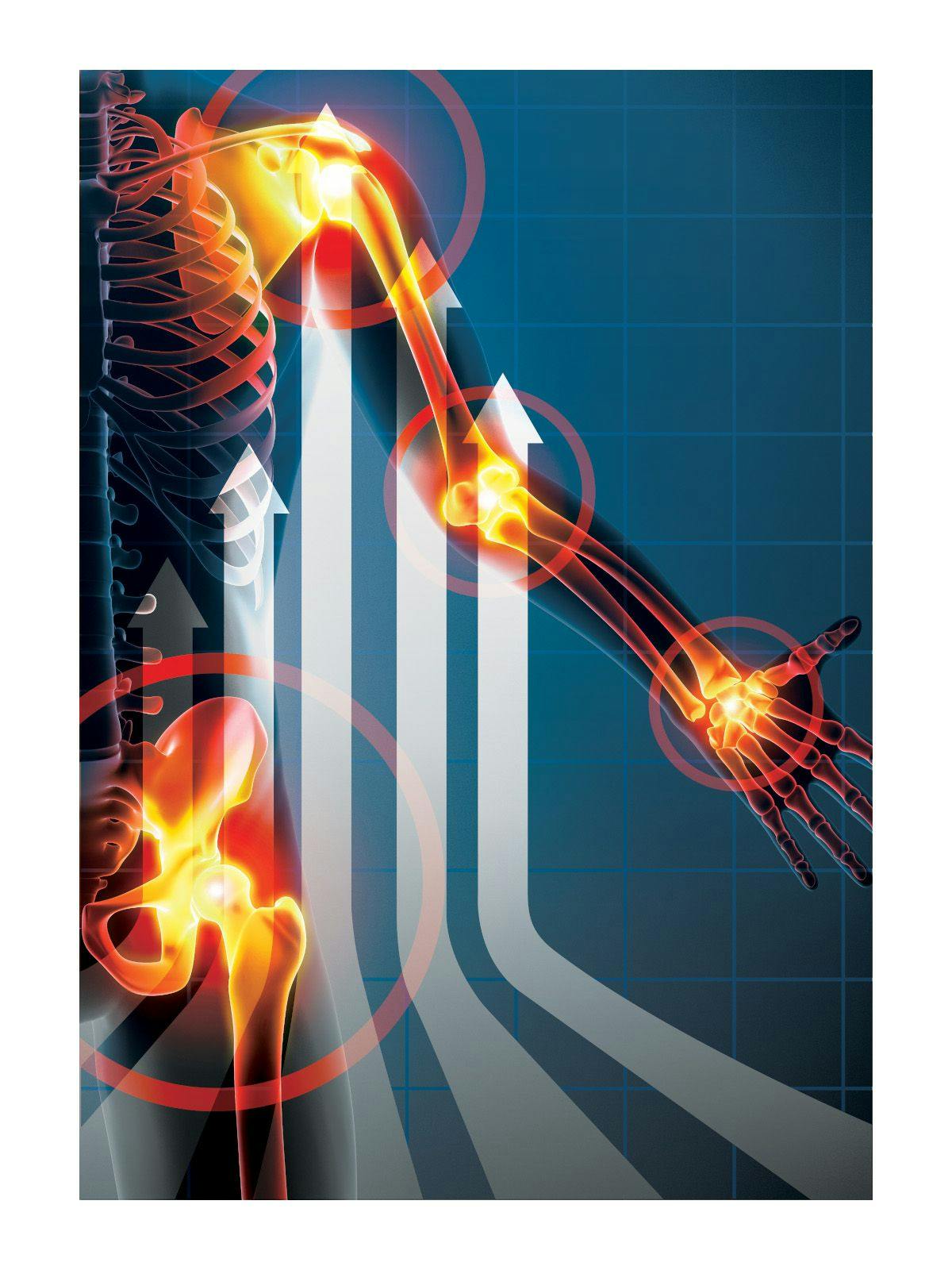How to capture consumers who are keto or intermittent fasting
Developing products that complement specialty diets to make them easier to sustain.
Photo © AdobeStock.com/Echelon IMG

Dieting takes many forms, and diet trends are constantly in flux. Currently, social media is a major driver of diet trends and food purchasing decisions. According to the International Food Information Council’s 2023 Food and Health Survey, 18% of surveyed respondents “started a diet or eating pattern” in response to content on social media.1 This same survey found that 52% of respondents follow a diet or specific eating pattern. Some popular diets capturing the attention of consumers today are intermittent fasting and the ketogenic diet. IFIC’s survey states that of the respondents on a diet, 12% are doing intermittent fasting and 4% are on the keto diet.
Each of these diets has a specific regimen and certain restrictions, but there are opportunities for brands to offer complementary products that fit within these diets. Intermittent fasting involves cycling between caloric restriction and normal food consumption each day. For example, one popular routine, called the 16:8 method, involves eating only during an eight-hour timeframe and fasting the remaining 16 hours of the day, typically overnight. The main goal of this diet is weight loss, but other purported benefits include healthy inflammation, improved cognitive health, and blood sugar support.2
Although this diet is about controlling when one eats, it’s equally important how one eats when intermittent fasting. Maximizing one’s nutrition, avoiding unhealthy food, and increasing satiety are important for getting the most out of the diet and making the fasting periods easier to get through. That’s why brands like SlimFast, which is part of Glanbia Performance Nutrition, launched a line of intermittent fasting products to bolster nutrition and energy as well as reduce cravings during the fast.3 Another product launched a couple of years ago is the Fast Bar from L-Nutra, which helps users sustain the effects of fasting while still being able to eat. Designed as part of a fast-mimicking diet, the bar is low in carbohydrates and proteins while still delivering a balanced ratio of micro- and macronutrients that curb hunger and sustain the fasting state of the body because the body does not recognize that one has eaten.4
In some cases, intermittent fasting and the ketogenic diet are done in tandem, because both are essentially used to induce ketogenesis in the body so that fat is burned for fuel instead of carbohydrates. People on the ketogenic diet accomplish this by consuming foods that are high in fat and low in carbohydrates, reducing their carbohydrate intake to 20 to 50 grams per day.2 This diet is designed to reduce weight and improve metabolic health. Here, too, is an opportunity for brands to get involved.
A company called Geno (San Diego, CA), for example, recently launched an ingredient, called Avela (1,3-butanediol), that can increase ketone levels, specifically beta-hydroxybutyrate (BHB).5 When incorporated in foods or beverages, this ingredient can be used to complement someone’s ketogenic diet. Also, the benefits are not limited to those on the diet.
“The lifestyle and dedication needed to maintain ketosis through diet can be challenging. In these situations, Avela can be used to supplement efforts. But the ingredient can also be used to increase BHB levels for those who are not on the keto diet,” says Kyle Houston, product director for Geno. “The keto diet’s benefits are well known to consumers, but the discipline it takes to maintain the diet can be challenging or too overwhelming to start. Functional foods and beverages containing Avela make the benefits of ketosis accessible to just about anyone in the general population at any time they choose.”
Therefore, these products can be standalone, a gateway to starting a diet, or a complement to the existing diet. Dieting isn’t easy, and consumers are looking for all the help they can get.
References
- International Food Information Council. 2023 Food & Health Survey. May 23, 2023. https://foodinsight.org/2023-food-health-survey/
- Kubala, J. Intermittent fasting and keto: Should you combine the two? Healthline. November 5, 2018. https://www.healthline.com/nutrition/intermittent-fasting-and-keto
- Marrapodi, A. SlimFast launches line of intermittent fasting products. Nutritional Outlook. October 15, 2022. https://www.nutritionaloutlook.com/view/slimfast-launches-line-of-intermittent-fasting-products
- Krawiec, S. Recent study that fast-mimicking bar successfully prolonged fasting state in subjects. Nutritional Outlook. June 22, 2022. https://www.nutritionaloutlook.com/view/recent-study-that-fast-mimicking-bar-successfully-prolonged-fasting-state-in-subjects
- Krawiec, S. Ketogenic ingredient 1,3-butanediol may increase ketone levels according to recent study. Nutritional Outlook. July 6, 2023. https://www.nutritionaloutlook.com/view/ketogenic-ingredient-1-3-butanediol-may-increase-ketone-levels-according-to-recent-study

Prinova acquires Aplinova to further increase its footprint in Latin America
April 7th 2025Prinova has recently announced the acquisition of Brazilian ingredients distributor Aplinova, which is a provider of specialty ingredients for a range of market segments that include food, beverage, supplements, and personal care.



















